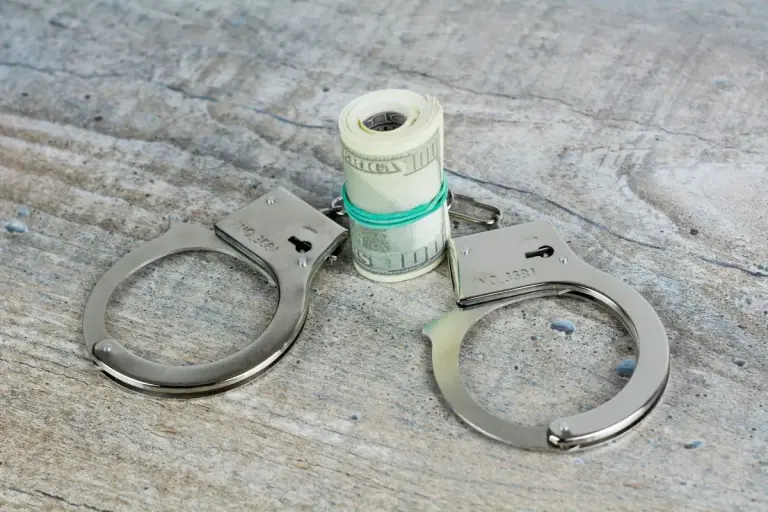PANAMA CITY, Panama – President José Raúl Mulino has definitively rejected a series of anti-corruption legislative proposals championed by Attorney General Luis Carlos Gómez Rudy, declaring that Panama does not need new laws to fight corruption. The President’s statement, made during a press conference on Thursday, October 30, 2025, signals a significant policy rift within the government and halts the momentum of the Attorney General’s reform agenda.
“In this country, corruption does not need more laws,” President Mulino stated, directly countering the Attorney General’s position. He emphasized that existing legislation is sufficient if properly enforced. “What we lack is the will to do it. We have more than enough laws; what is missing is their application,” the President concluded.
Executive Branch Withholds Support from Legislative Push
The confrontation stems from two specific anti-corruption bills presented by Attorney General Gómez Rudy to the National Assembly. The legislative push faced a major setback on October 28 when the Government Commission, chaired by Deputy Luis Eduardo Camacho of the ruling Realizando Metas (RM) party, voted against advancing the projects. The commission’s decision, supported by lawmakers from RM, the Democratic Revolutionary Party (PRD), and Democratic Change (CD), effectively shelved the initiatives.
President Mulino clarified the separation of powers while distancing his administration from the proposals. “The Attorney General of the Nation is the Attorney General and the Assembly is the Assembly. Both respond to different situations regulated by the Constitution,” Mulino said. He endorsed the commission’s action, noting, “For some reason, the Government Commission closed the debate on those projects.”
“We must combat corruption for real, with integrity and head-on. What we lack is the will to do it. We have more than enough laws; what is missing is applying them,” said President José Raúl Mulino [Translated from Spanish].
This is not the first time Mulino has expressed opposition to the Attorney General’s approach. On October 2, the President publicly asked Gómez Rudy to withdraw a separate initiative that sought to eliminate the Public Ministry’s dependency on audits from the Comptroller General of the Republic, headed by Anel Flores. At that time, Mulino requested the Attorney General retract that specific proposal and present a “more comprehensive” one instead.
Attorney General Decries “Lamentable” Legislative Blockade
In response to the commission’s vote, Attorney General Luis Carlos Gómez Rudy described the action as “lamentable.” He expressed particular frustration that the comprehensive bill, which contained 71 articles designed to streamline investigations and ensure punishment, was dismissed after discussion of only its first article.
“There was no real discussion,” Attorney General Gómez Rudy stated, criticizing the legislative process. He argued that Panama lacks the effective tools needed to overcome investigative obstacles [Translated from Spanish].
The Attorney General detailed specific shortcomings in the current legal framework, noting, “For example, we do not have the obligation for institutions to constitute themselves as plaintiffs. It is a matter of will in which we cannot ensure that civil restitution for the benefit of the State becomes a reality.” He emphasized that his proposed reforms aimed to adapt procedural regulations to accelerate investigations and secure convictions for corruption crimes.
Political Alignment Against Anti-Corruption Reforms
The reasoning used by Commission President Luis Eduardo Camacho to dismiss the initiatives directly echoed the President’s language. Camacho argued that no new laws are needed to combat corruption, mirroring Mulino’s central thesis. This alignment suggests a coordinated political strategy within the ruling coalition to oppose the Attorney General’s legislative agenda.
However, the President’s stance has not gone unchallenged within the legislature. Deputy Ernesto Cedeño of the Movimiento Otro Camino party directly contradicted Mulino’s position, calling the thesis that no more anti-corruption laws are needed “false.” This dissent indicates that the debate over how best to address systemic corruption in Panama will continue, even as the current proposals appear to be effectively defeated.
The clash between the executive and judicial branches over anti-corruption strategy highlights a fundamental disagreement on governance approach. While the Attorney General seeks new legal instruments to enhance prosecutorial effectiveness, the President insists that political will and rigorous enforcement of existing statutes represent the true path forward for Panama’s ongoing battle against corruption.



